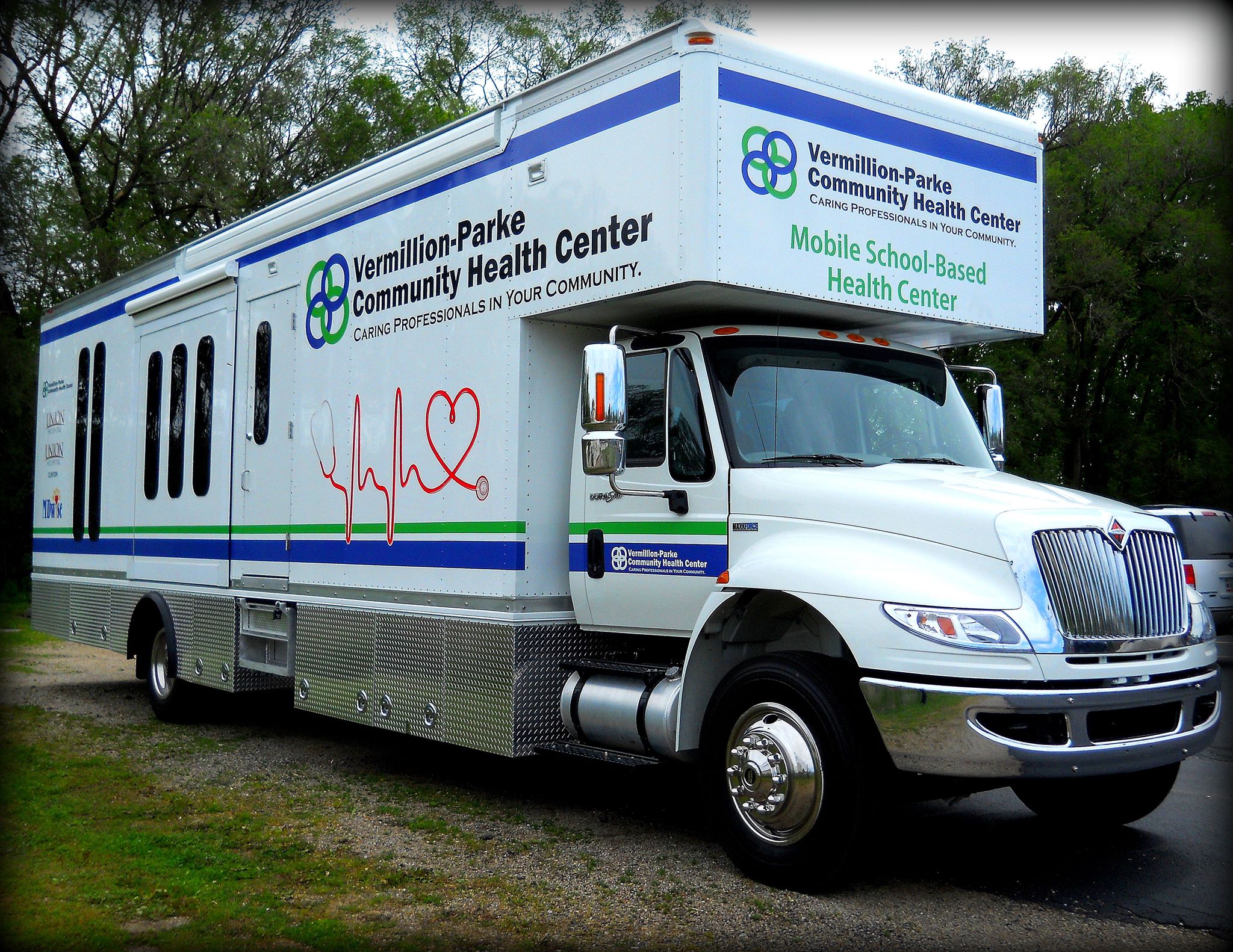Avoid fad diets Fad diets are typically not sustainable. They may help you lose weight quickly, but many times, people gain the weight back soon after stopping the extreme diet. Examples of fad diets are Atkins Diet, the ketogenic diet, the chicken and broccoli diet, juice cleanses, etc. Take inventory The first thing that I …
Avoid fad diets
Fad diets are typically not sustainable. They may help you lose weight quickly, but many times, people gain the weight back soon after stopping the extreme diet. Examples of fad diets are Atkins Diet, the ketogenic diet, the chicken and broccoli diet, juice cleanses, etc.
Take inventory
The first thing that I recommend most patients do is make a food diary and document the things that you are eating regularly. You may not realize how much sugar you are consuming through beverages, condiments, etc. The food diary helps you become aware of what you are putting in your body.
Make changes
The next step after reviewing your typical diet is finding places that you can make changes. For example, exchanging soda for water, dessert for sweet tasting fruits, or mashed potatoes for mashed cauliflower. There are many substitutions that can be made that don’t leave you feeling dissatisfied. You may also need to make changes on portion sizes and the timing of your meals. Also, small frequent meals are preferred over eating fewer large meals. In general, consuming more plant based foods, healthy fats from plants and fish, and lean meats, and consuming less sugars, processed foods, and red meats can help you get started on a healthy eating plan. In addition, don’t feel bad about having a small piece of birthday cake on your birthday, or other traditional but unhealthy foods on occasion. Allowing yourself to have small amounts of foods that may be unhealthy, but that you have always enjoyed may help to keep you on an overall healthy eating plan that is sustainable. Please see your healthcare provider for further recommendations or for a referral to a dietician.
By: Gwyn Morson, FNP
Book a Consultation
It’s easy and free!






















